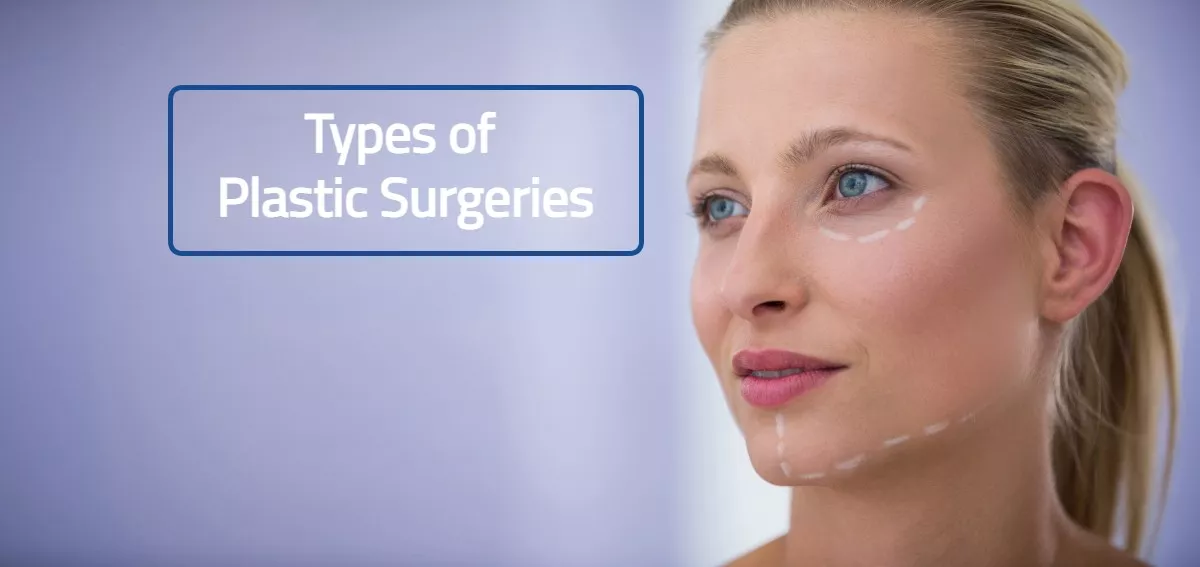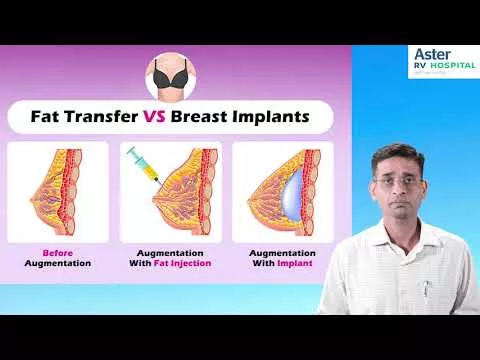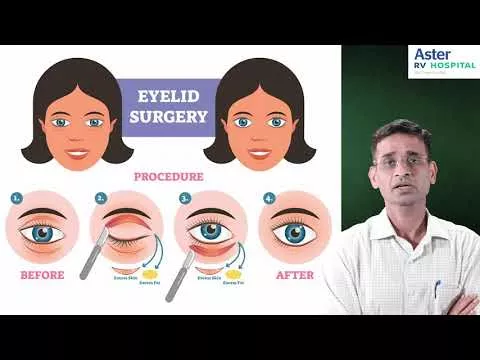Exploring Motivations and Expectations
In an era where physical appearance is heavily emphasized, the realm of cosmetic surgery has gained significant prominence in India, especially among young adults. Beyond the need for medical necessity, individuals are increasingly seeking elective procedures to alter their physical attributes such as tummy tucks, breast augmentation, facial cosmetic surgery, etc.
Motivations for undergoing cosmetic surgery are multifaceted and can vary widely from person to person. A common driving force is the desire to enhance self-esteem and body image. Individuals might believe that altering a specific feature will lead to an improvement in how they perceive themselves and how others perceive them. This quest for heightened self-confidence is often intertwined with societal pressures and beauty standards propagated by media and popular culture. A study among the British population by Furnham A, et al in 2012 found that females, low self-esteem, low life satisfaction, feeling less attractive, little religious beliefs and heavy television watchers were a few common predictors of undergoing cosmetic surgery.
What to Expect?
Expectations tied to cosmetic surgery often encompass a range of anticipated outcomes. Individuals envision a transformed appearance that aligns more closely with their idealized self-image. Yet, the interplay between physical transformation and psychological well-being is intricate. While some individuals do experience a boost in self-confidence and improved body image post-surgery, others may not achieve the expected psychological benefits. Unrealistic expectations can lead to disappointment if the surgery fails to deliver the desired outcomes. The cosmetic surgery cost also plays an important role as a deciding factor, in India the cost is about 30-50% lower as compared to developed nations.
The role of psychological health in the decision to undergo cosmetic surgery cannot be overlooked. A study by Maisel A et al published in 2018 suggests that a person's self-esteem, happiness, and level of physical attractiveness play an important role in their decision to undergo cosmetic surgery. Although a majority of patients are happy with their outcomes, few may suffer from long-lasting negative impacts after the procedure. Patients with a history of depression, anxiety, personality disorder and body dysmorphic disorder should be ideally thoroughly counselled before the procedure. Understanding their motivations and managing expectations is crucial to ensure that cosmetic surgery leads to positive outcomes, both physically and psychologically.











